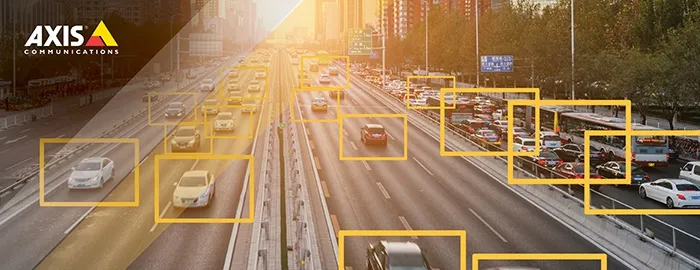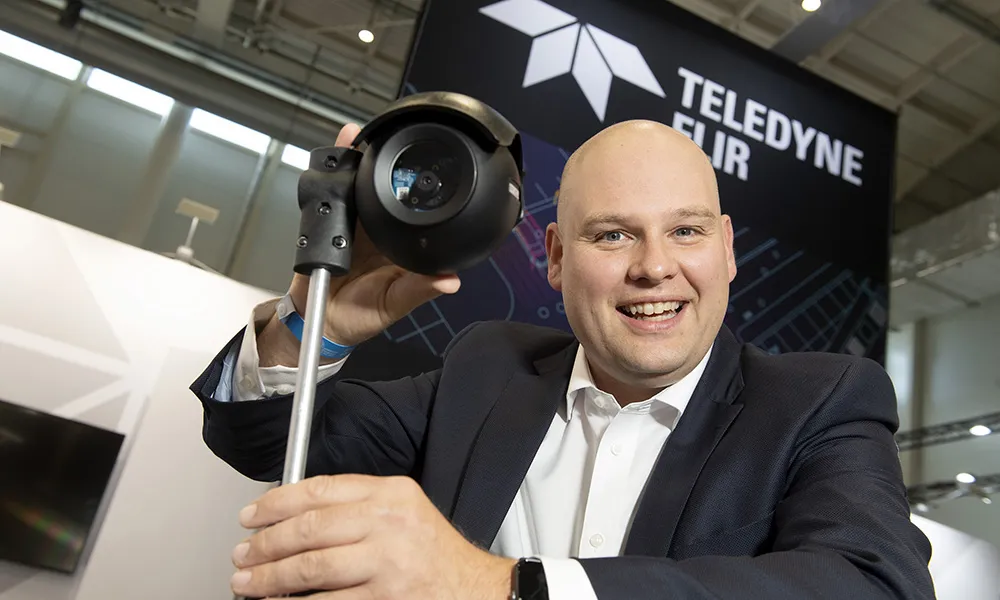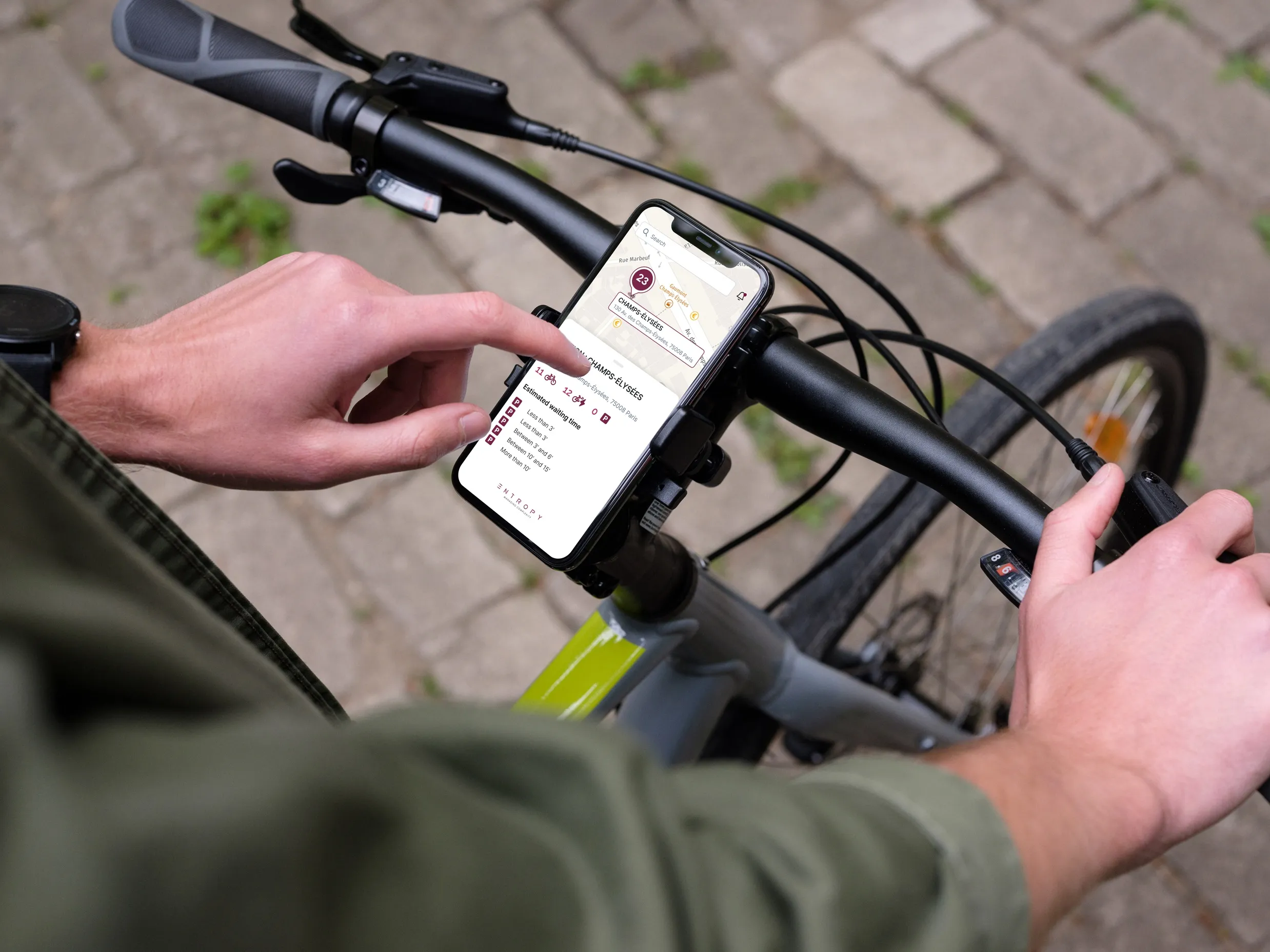
Artificial intelligence (AI) is helping build smart machines capable of performing tasks that typically require human intelligence.
Advancements in machine learning and deep learning are creating a paradigm shift in virtually every sector of the tech industry….including computer vision through network video.
The network camera is a computer with a lens and deep learning/AI is now giving this computer the ability to understand what it sees.
This shift is among the biggest in the world of camera devices and will be almost as impactful as the onset of smartphones.
On 27 May, Axis Communications will look at the IP camera evolution and discuss advancements in AI/deep learning in transportation markets.
The webinar will feature Zensors, a fast-moving AI start-up born out of Carnegie Mellon University.
Zensors will discuss how their platform applies to various environments including ITS/traffic, airports, sea ports and other transportation segments.
Use cases include monitoring real-time traffic, parking, wait times/queue management, space utilisation and kerbside management.
Learn more and register here.









